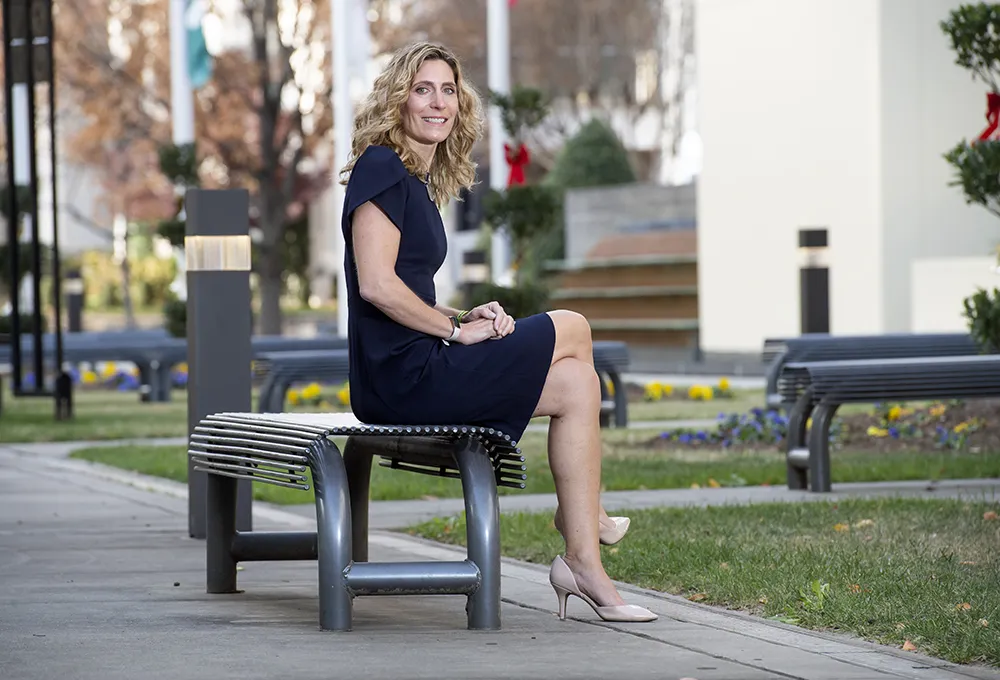The European Commission has announced the winners of the 2016 European sustainable urban mobility awards at a ceremony held in Brussels.
Malmö, Sweden won the EUROPEANMOBILITYWEEK Award 2016 for its long-term focus on active transport modes such as cycling and walking, while the fifth Award for Sustainable Urban Mobility Planning was presented to Brussels, Belgium for its successful freight strategy.
Malmö, the third largest city in Sweden, receives the award for its efforts in promoting active travel
March 21, 2017
Read time: 2 mins
The 1690 European Commission has announced the winners of the 2016 European sustainable urban mobility awards at a ceremony held in Brussels.
Malmö, Sweden won the EUROPEANMOBILITYWEEK Award 2016 for its long-term focus on active transport modes such as cycling and walking, while the fifth Award for Sustainable Urban Mobility Planning was presented to Brussels, Belgium for its successful freight strategy.
Malmö, the third largest city in Sweden, receives the award for its efforts in promoting active travel and prioritising pedestrians and cyclists. It has also implemented a series of permanent measures such as turning a major shopping street into a car-free zone, making its city centre safer and more attractive to local residents; and has set up a new bike-sharing system offering 500 bicycles at 50 stations.
Lisbon, Portugal and Skopje, former Yugoslav Republic of Macedonia were the two other finalists for the EUROPEANMOBILITYWEEK Award 2016.
Brussels, city-region and home to 1.18 million people, succeeded in developing a strategic plan for freight transport that is well integrated within the passenger mobility strategy. The jury appreciated its innovative approach in identifying problems, finding opportunities and selecting the most relevant measures. Brussels supports private sector initiatives for improved urban logistics, and consolidation efforts, including the use of consolidation centres, to increase efficiency and reduce the number of freight kilometres in the city.
The other finalists were Budapest, Hungary and Stockholm, Sweden.
Malmö, Sweden won the EUROPEANMOBILITYWEEK Award 2016 for its long-term focus on active transport modes such as cycling and walking, while the fifth Award for Sustainable Urban Mobility Planning was presented to Brussels, Belgium for its successful freight strategy.
Malmö, the third largest city in Sweden, receives the award for its efforts in promoting active travel and prioritising pedestrians and cyclists. It has also implemented a series of permanent measures such as turning a major shopping street into a car-free zone, making its city centre safer and more attractive to local residents; and has set up a new bike-sharing system offering 500 bicycles at 50 stations.
Lisbon, Portugal and Skopje, former Yugoslav Republic of Macedonia were the two other finalists for the EUROPEANMOBILITYWEEK Award 2016.
Brussels, city-region and home to 1.18 million people, succeeded in developing a strategic plan for freight transport that is well integrated within the passenger mobility strategy. The jury appreciated its innovative approach in identifying problems, finding opportunities and selecting the most relevant measures. Brussels supports private sector initiatives for improved urban logistics, and consolidation efforts, including the use of consolidation centres, to increase efficiency and reduce the number of freight kilometres in the city.
The other finalists were Budapest, Hungary and Stockholm, Sweden.








